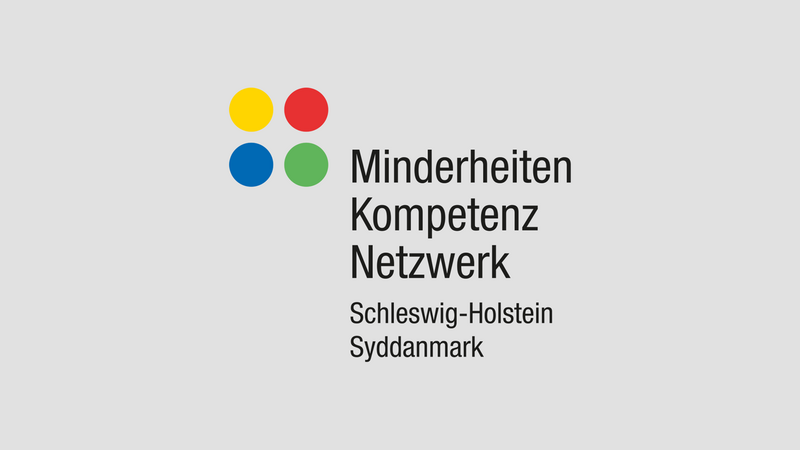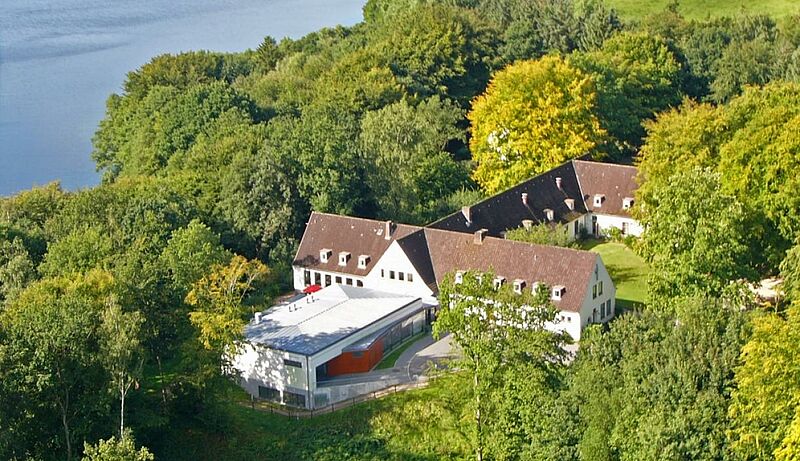Connected across borders
The Minority Competence Network of Schleswig-Holstein/South Denmark (MKN) has been active as a network of national and regional minorities in the German-Danish borderland since it was founded in 2020. The focus of our work is to strengthen the understanding of minority issues, to promote language and culture and to exchange information and experience across Europe through close cooperation.
Joint dialogue
As part of our activities, we organise events for interested parties from Germany and Denmark as well as other European countries, where we portray experiences from the relationship between minorities and majorities in Schleswig-Holstein and Southern Denmark as positive examples. Our aim is to make the competences of the minorities for the cooperation in the German-Danish borderland visible for everyone.
This is where the Minority Competence Network comes in: What can members of European minorities or members of the majority society discover and experience from regions with minorities in the German-Danish borderland for themselves? For us, our network partners on both sides of the border are important when it comes to answering this question. The German-Danish border region is characterised by diversity and cohesion. Everyone can and is allowed to live their own language and culture. Everyone has the right to do so.




